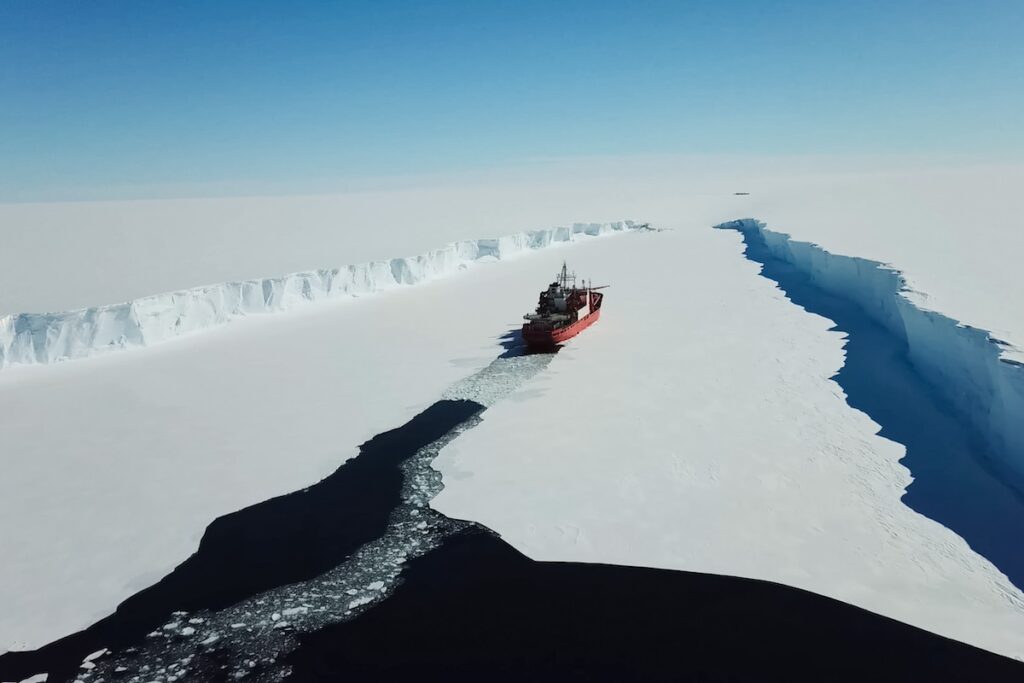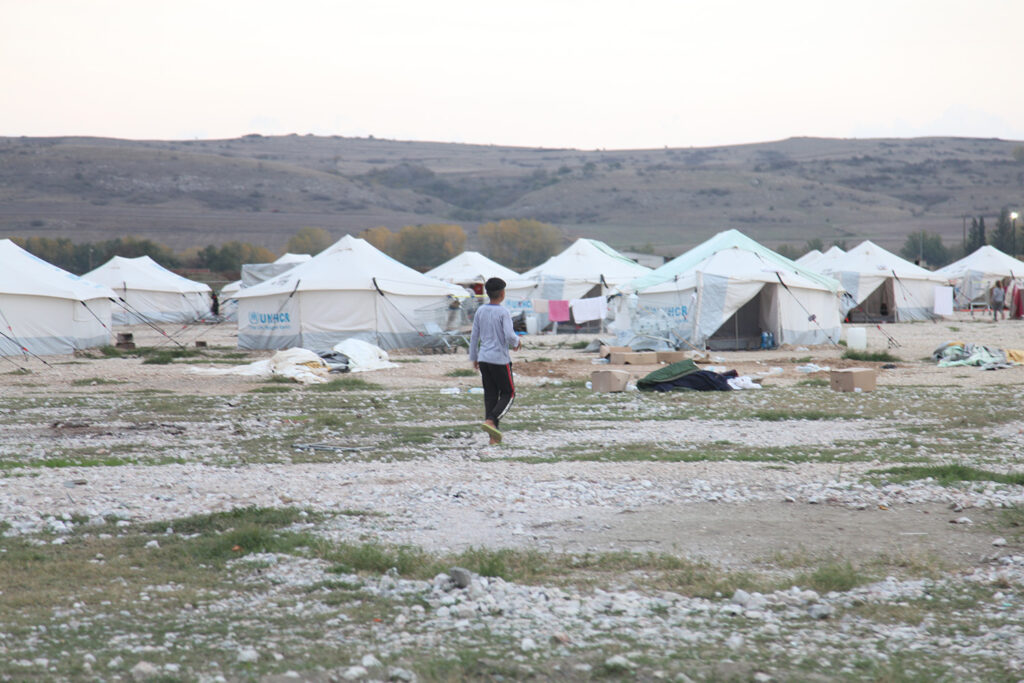Why Population Growth Still Matters
The human population explosion is far from over, and its dire effects will be with us for many decades yet. “As many people will be added in the next 50 years as were added in the past 40 years,” the U.N. writes, “and the increase will be concentrated in the world’s poorest countries, which are already straining to provide basic social services to their people.”









